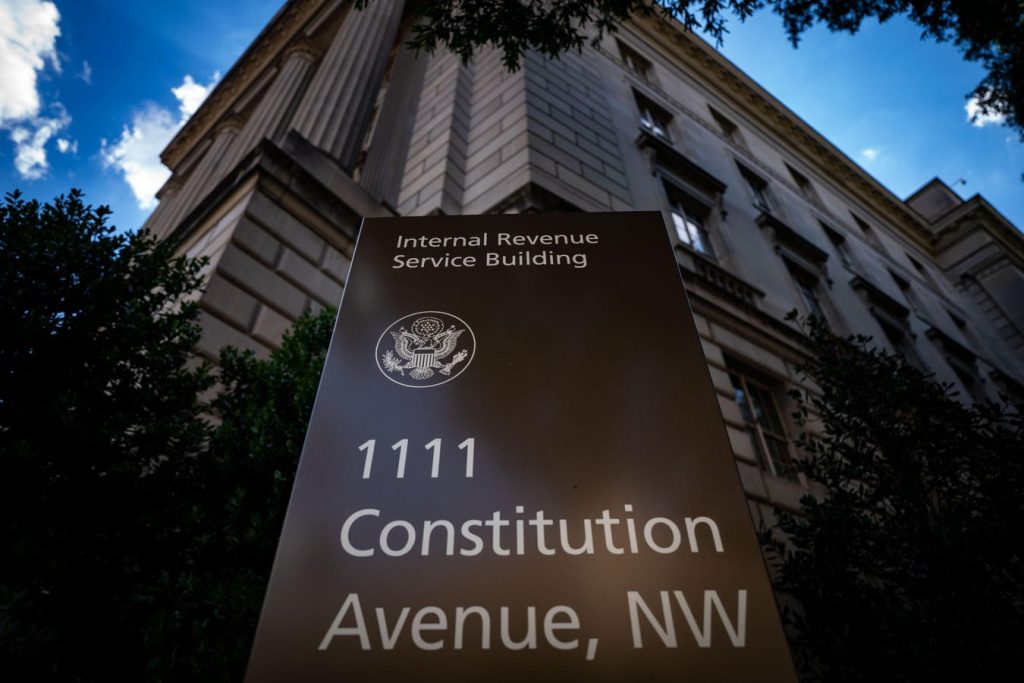Filing the IRS Form 706 Estate Tax Return is a crucial step for surviving spouses, despite some tax professionals advising otherwise. Several private letter rulings have highlighted the importance of this form, especially when it comes to electing portability. Portability allows a surviving spouse to claim their deceased spouse’s unused estate tax exclusion amount, providing financial protection in the event of their own death. However, some taxpayers have been seeking relief due to bad advice from their tax professionals, underscoring the importance of proper guidance in estate planning.
Portability was introduced as part of the Tax Relief Act of 2010 and allows surviving spouses to utilize the unused exemption amount of their deceased spouse. This can help reduce estate taxes and protect assets for the surviving spouse. However, claims that no estate tax is due or that preparing Form 706 is a waste of money are short-sighted, especially considering the potential sunset of the Tax Cuts and Jobs Act in 2026. If this law is not extended or made permanent, gift, estate, and generation-skipping transfer tax exemption amounts will revert to their 2018 levels, potentially cutting them in half. This makes it essential for tax professionals to advise their clients wisely regarding portability.
Despite the impending changes to tax laws, some tax professionals are still advising clients against filing Form 706 to elect portability. However, unless these professionals can guarantee that a surviving spouse will never need the deceased spouse’s exemption amount, it is in the best interest of the client to file the form. Financial projections and advice from a reputable financial advisor can help assess the potential need for portability and ensure that clients are protected financially in the future.
The complexity of the tax code, combined with the emotional toll of losing a spouse, can make it challenging for taxpayers to navigate estate planning effectively. Therefore, it is crucial for tax professionals to provide accurate and comprehensive advice to their clients. Failing to file Form 706 could result in significant financial consequences for surviving spouses, making it essential for tax professionals to prioritize this step in estate planning.
To address the ongoing issue of tax professionals advising against filing Form 706, it is important for the industry to reevaluate its approach to estate planning. With the potential changes in tax laws on the horizon, proper guidance from tax professionals can make a significant difference in protecting clients’ assets and ensuring financial security for surviving spouses. By emphasizing the importance of portability and the implications of failing to file Form 706, tax professionals can help their clients make informed decisions and secure their financial future.
In conclusion, the issue of tax professionals advising against filing Form 706 Estate Tax Return is a critical concern in the tax community. With the potential changes in tax laws and the importance of portability for surviving spouses, it is crucial for tax professionals to prioritize this step in estate planning. By providing accurate advice and guidance to clients, tax professionals can help ensure financial security and asset protection for surviving spouses in the event of their own death. Failure to file Form 706 could result in significant financial consequences, highlighting the importance of proper estate planning and the role of tax professionals in guiding clients through this process.


